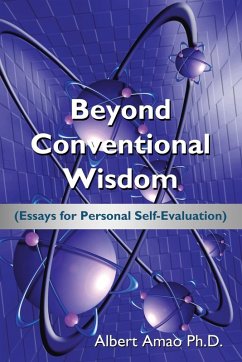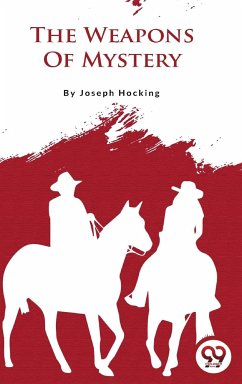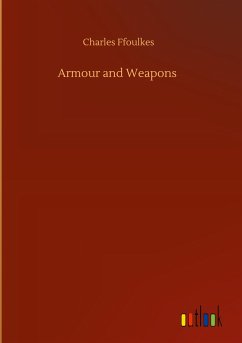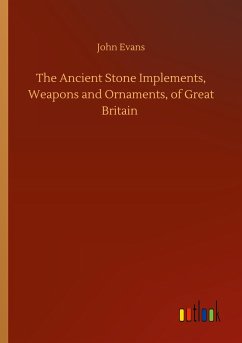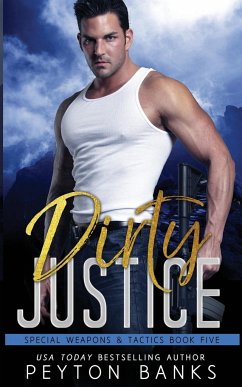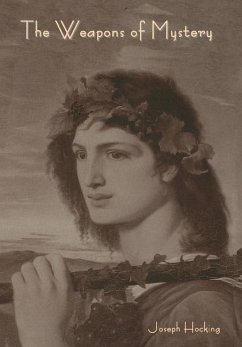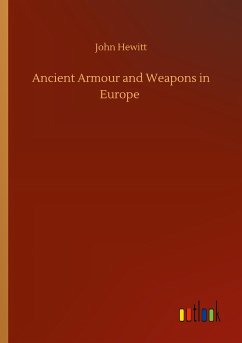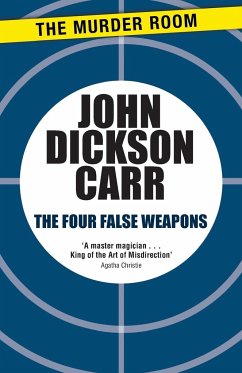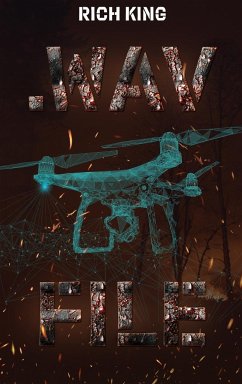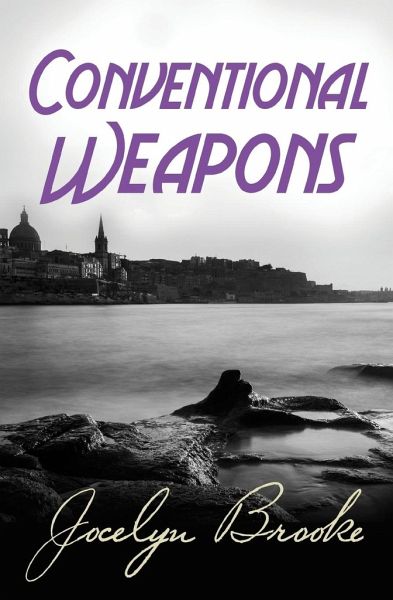
Conventional Weapons

PAYBACK Punkte
9 °P sammeln!
Brittle, effeminate and perennially untalented, Nigel Tuffnell-Greene has little in common with his high-achieving and ultra-masculine elder brother, Geoffrey, whom he worships and detests - hating him with a passion almost indistinguishable from love. In Conventional Weapons the reader is introduced to a stratum of English middle-class society before and after World War II as the divergent paths of the two brothers unfold. Geoffrey joins the army, marries and sets up in business, but eventually ends up an exile in Malta; Nigel drifts into a seedy London life of drinking, parties and half-hear...
Brittle, effeminate and perennially untalented, Nigel Tuffnell-Greene has little in common with his high-achieving and ultra-masculine elder brother, Geoffrey, whom he worships and detests - hating him with a passion almost indistinguishable from love. In Conventional Weapons the reader is introduced to a stratum of English middle-class society before and after World War II as the divergent paths of the two brothers unfold. Geoffrey joins the army, marries and sets up in business, but eventually ends up an exile in Malta; Nigel drifts into a seedy London life of drinking, parties and half-hearted gay liaisons, and finds some fame as an artist and novelist. With an astonishing appreciation of their deeper character traits, which remain unspoken and barely revealed, Brooke explores the shared fragility beneath the surface of these seemingly polarised lives. Beautiful, subtle and immensely powerful, his impeccable prose is never better than in this late novel. 'One of the most interesting and talented of contemporary writers' - Anthony Powell 'He is subtle as the devil' - John Betjeman 'Mr Brooke has ploughed his English corner of The Waste Land between the two world wars with a dexterity that compels our harrowed admiration' - Harold Acton





